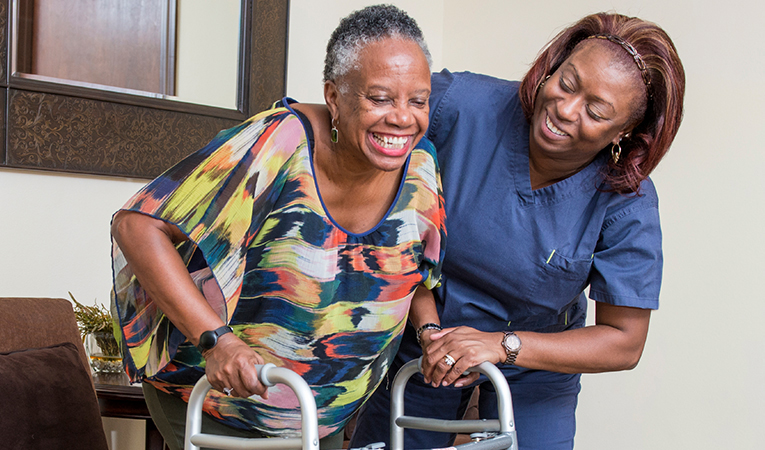September is suicide prevention month, and in light of this important topic, we would like to discuss respite care. Respite care is a critical part of suicide prevention, and it can be incredibly helpful for suicidal individuals. In this blog post, we will discuss what respite care is and why it is so important for those who are struggling with suicide. We hope that this information will help you better understand the importance of respite care and how it can benefit those who are at risk for suicide.
When a client’s at-home stressors are causing them to become suicidal, it may be necessary for them to go on vacation. I recommend having an escape plan in case the facility they’re staying with isn’t the right fit or there is no one available that can assist you during your time away from home (such as medication compliance). The criteria of respite care differ dramatically between sites so make sure before committing yourself as this could end up being more difficult than expected!
If a friend or family member is struggling with suicide, respite care can be an excellent way to provide them with the support and care they need. Respite care can provide a much-needed break from the stressors of everyday life, and it can give suicidal individuals the time they need to heal and recover. If you are considering respite care for yourself or for someone you love, please reach out to us. We would be happy to discuss your options with you and help you find the best possible care for your needs. suicide prevention month, suicide, respite care
Respite care is a vital part of suicide prevention, and it can be incredibly helpful for those who are struggling with suicide. If you or someone you love is considering respite care, please reach out to us. We would be happy to discuss your options with you and help you find the best possible care for your needs. suicide prevention month, suicide, respite care
Reducing a suicidal person’s access to highly lethal items or places is an important part of suicide prevention. While this is not always easy, asking if the at-risk person has a plan and removing or disabling the lethal means can make a difference.
What is a safety plan for suicidal patients?
A Safety Plan is a prioritized written list of coping strategies and sources of support patients can use who have been deemed to be at high risk for suicide. Patients can use these strategies before or during a suicidal crisis. The plan is brief, is in the patient’s own words, and is easy to read.
What are some of the important follow-up questions to express suicidal ideation?
• What happened in your previous attempts to self-harm or take your life?
• What were your thoughts just before you harmed yourself?
• What did you anticipate would be the outcome of your self-harm or suicide attempt?
• Were other people present when you did this?
• How did you get help afterward?
Thank you for reading this blog post about respite care for suicidal individuals. We hope that this information has been helpful and that you will consider respite care as an option for yourself or for someone you love. If you have any questions, please do not hesitate to contact us.


